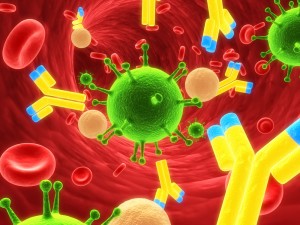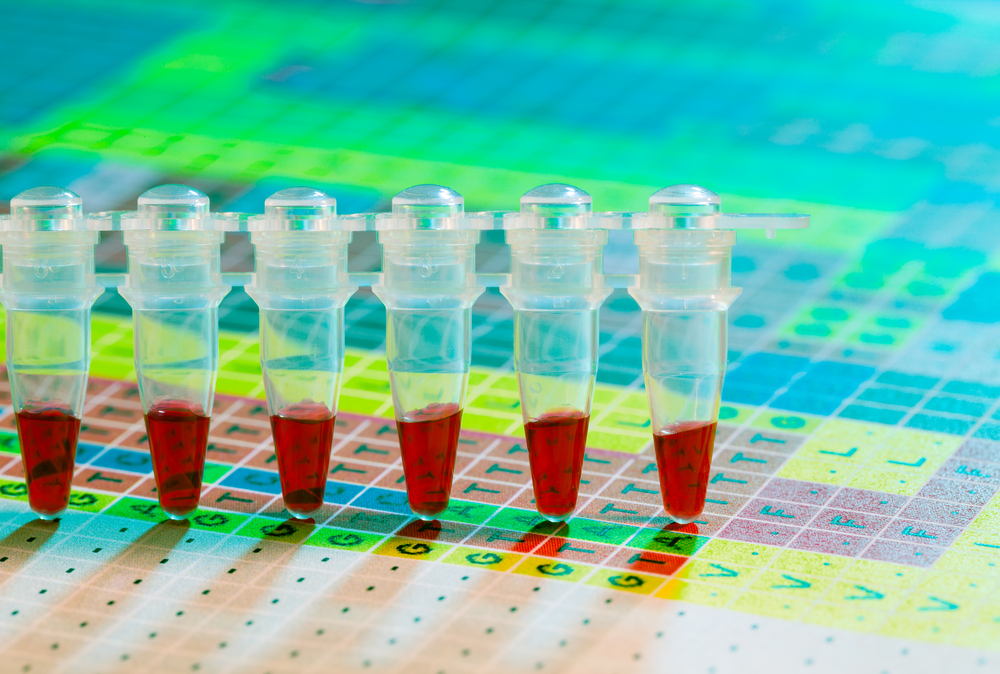 Researchers at the Peking Union Medical College and the Chinese Academy of Medical Sciences tested a new cellular therapy against prostate cancer. The study entitled “Adoptive T-cell therapy of prostate cancer targeting the cancer stem cell antigen EpCAM” was published in the journal BMC Immunology.
Researchers at the Peking Union Medical College and the Chinese Academy of Medical Sciences tested a new cellular therapy against prostate cancer. The study entitled “Adoptive T-cell therapy of prostate cancer targeting the cancer stem cell antigen EpCAM” was published in the journal BMC Immunology.
Cancer stem cells (CSCs) can originate any cell type of a particular tumor. They contribute to tumor growth and metastasis and are a potential therapeutic target to control cancer. However, they are more resistant to chemotherapy and radiotherapy when compared to the other tumor cells.
In this study, the authors developed a cell-based therapy to specifically target CSCs. They genetically engineered immune cells, T lymphocytes, to express a Chimeric Antigen Receptor (CAR) that recognizes a protein on CSC’s surface. Importantly, this artificial receptor enables both the specific recognition and killing of CSCs by T-cells.
Using a human prostate cancer cell line (PC3), the authors targeted the epithelial cell adhesion molecule (EpCAM), a protein that is present in CSCs from breast, colon, pancreas, and prostate tumors. The results demonstrated that higher levels of EpCAM correlated with the proliferation and metastasis potential of prostate cancer cells.
To produce CSCs-specific T cells, the team isolated human peripheral blood cells (PBLs) and enriched them in T cells. Using retroviruses, researchers genetically engineered T cells to have an EpCAM-specific CAR. These new T cells were able to kill human prostate cancer cell lines in culture (ex vivo).
Furthermore, when mice were injected with tumor cells, followed by administration of T cells bearing EpCAM-specific CAR, tumors did not metastasize. In contrast, mice that did not receive these modified cells, had tumor metastasis after 27 days. In addition, treated mice showed prolonged survival, as animals treated with CAR-expressing PBLs were alive 80 days after tumor challenge, whereas only 1/3 of non-treated mice survived. These data indicate that PBLs targeting EpCAM can have significant anti-tumor effects.
The authors concluded that, “Despite the low expression of EpCAM on PC3 tumor cells, EpCAM-specific PBLs had significant anti-tumor activity against PC3, probably by targeting the CSCs of prostate cancer. Our data suggest that adoptive transfer of T cells targeting CSC antigens is a promising therapeutic approach for treating cancer.”


